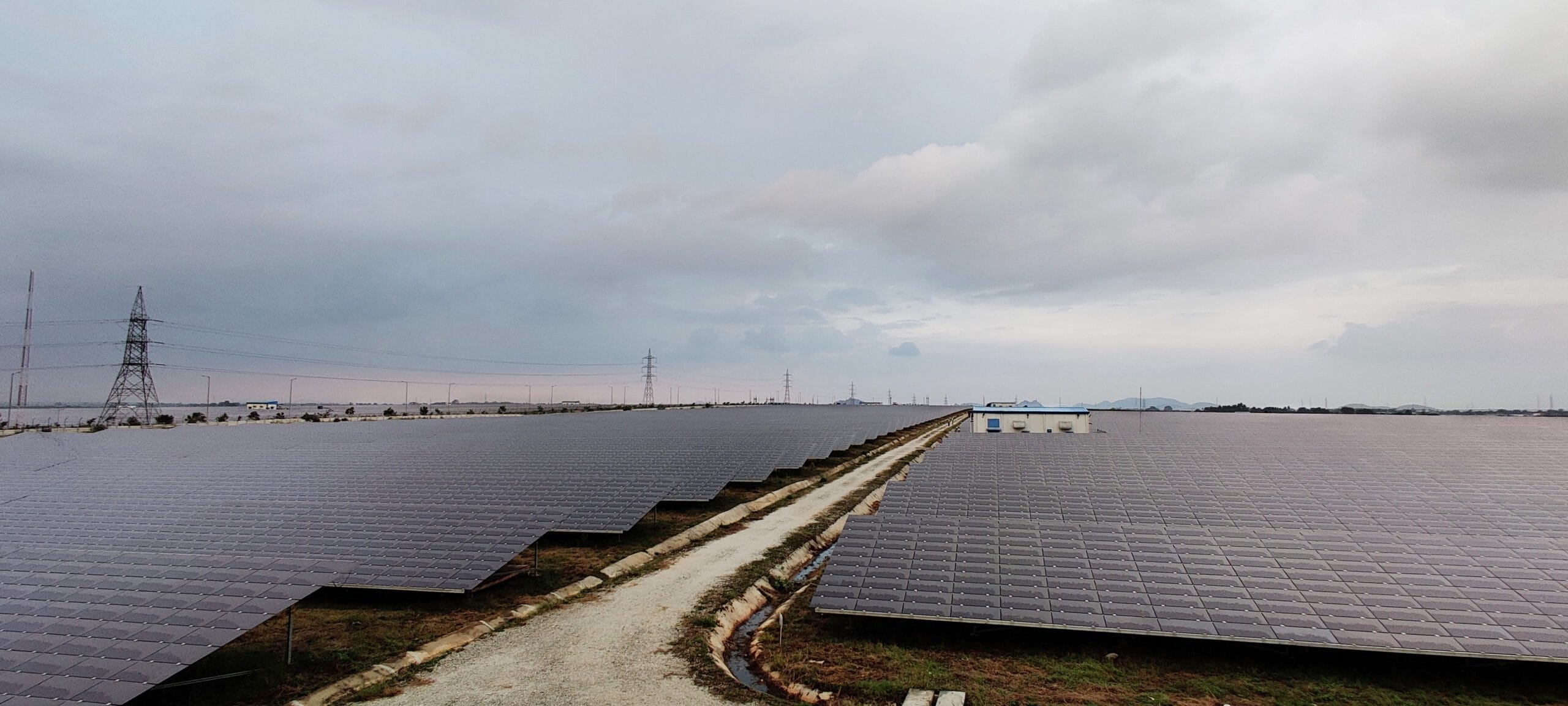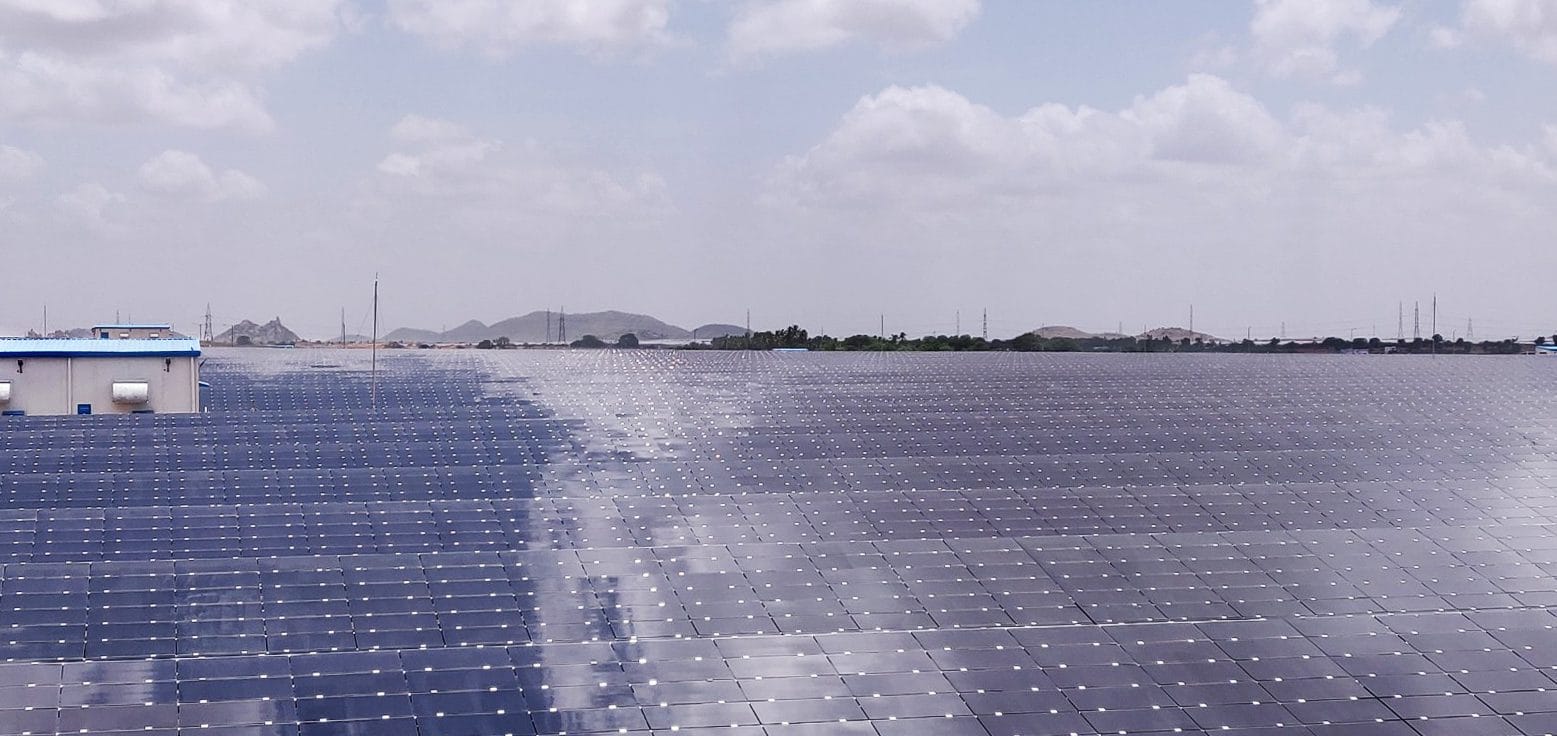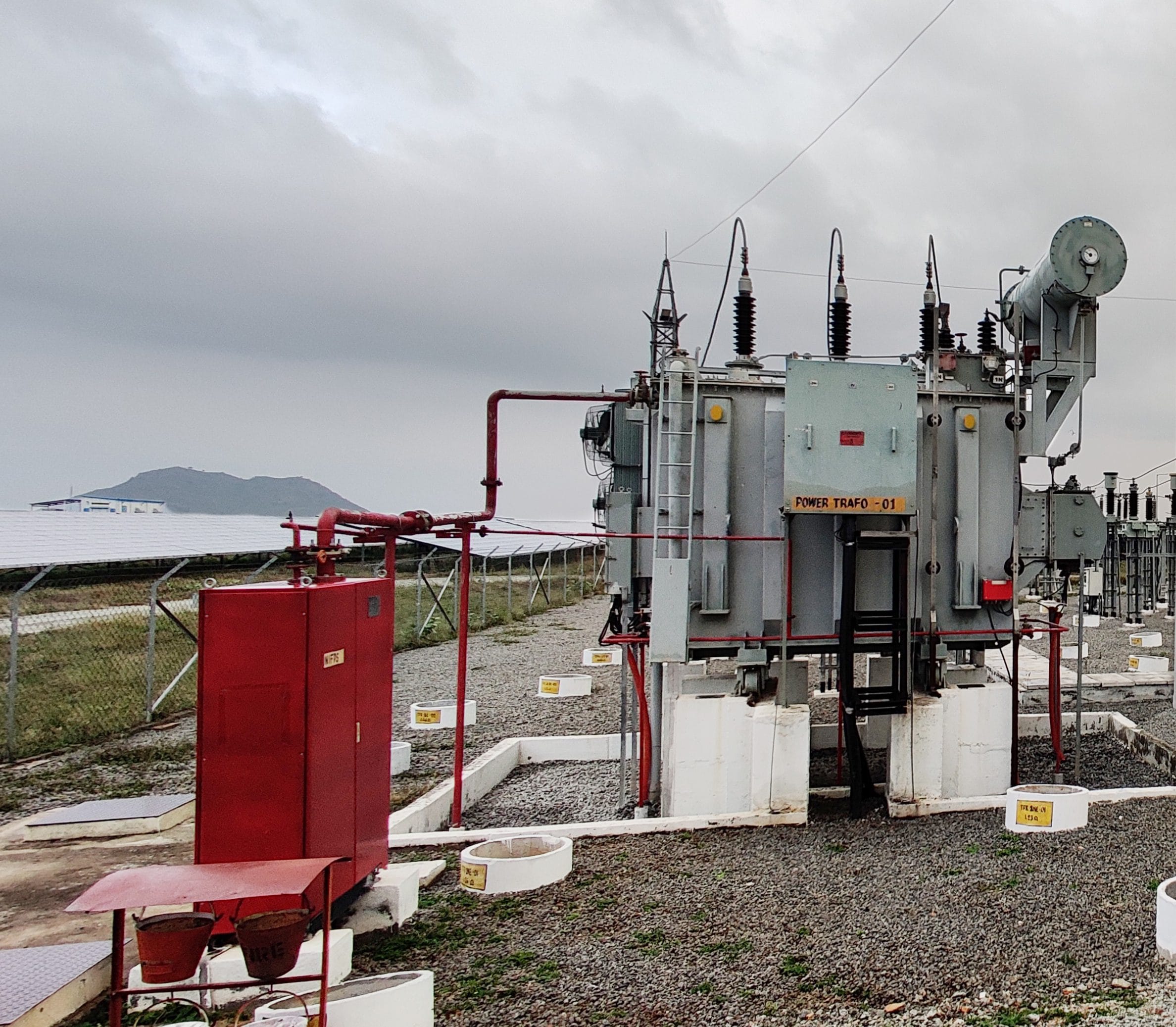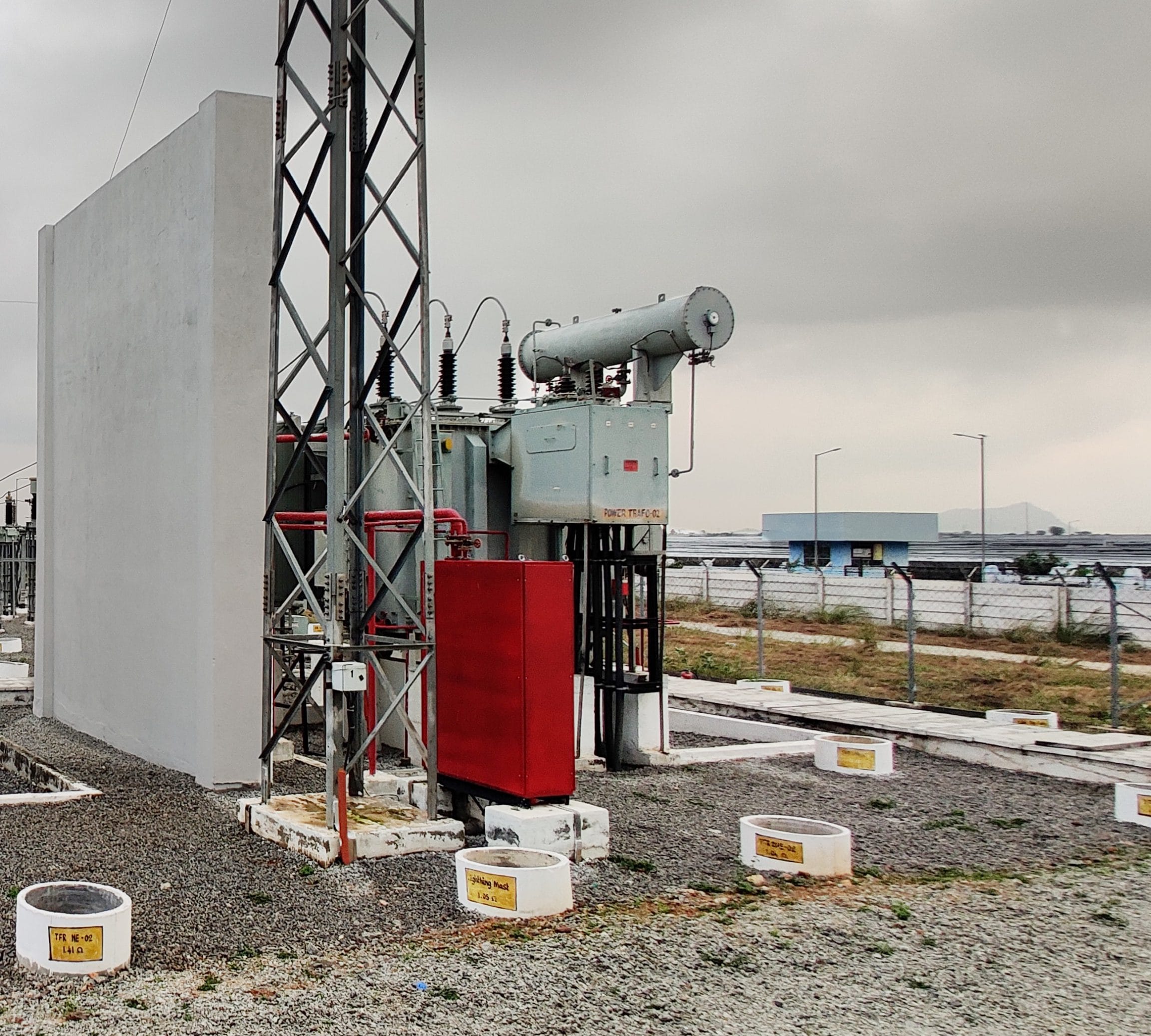Karnataka Solar
This project leverages India’s sunlight to generate clean electricity for the national grid, reducing reliance on fossil fuels and providing socio-economic benefits to the region. Located in Karnataka, India’s eighth-largest state, a region that’s home to 25% of India’s elephants and 10% of its tigers. Agriculture in the state relies on monsoon rains, but with temperatures expected to rise by 2°C by 2030, reduced rainfall will threaten both livelihoods and wildlife. This project prevents around 425,000 tonnes of CO₂ emissions annually by replacing coal power, contributing to a reduced climate impact. It generates over 500,000 MWh of renewable energy each year—enough to power more than 575,000 Indian households.
Project ID :
Registry :
Sustainable Development Goal :
What is renewable energy
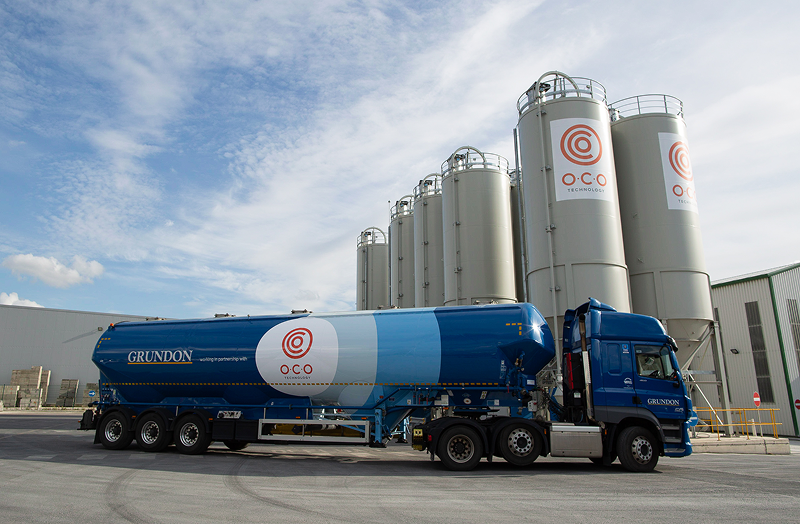
Leeds Carbon Mineralization
The Leeds Carbon Mineralization project converts CO₂ emissions into solid building materials using Accelerated Carbonation Technology (ACT).
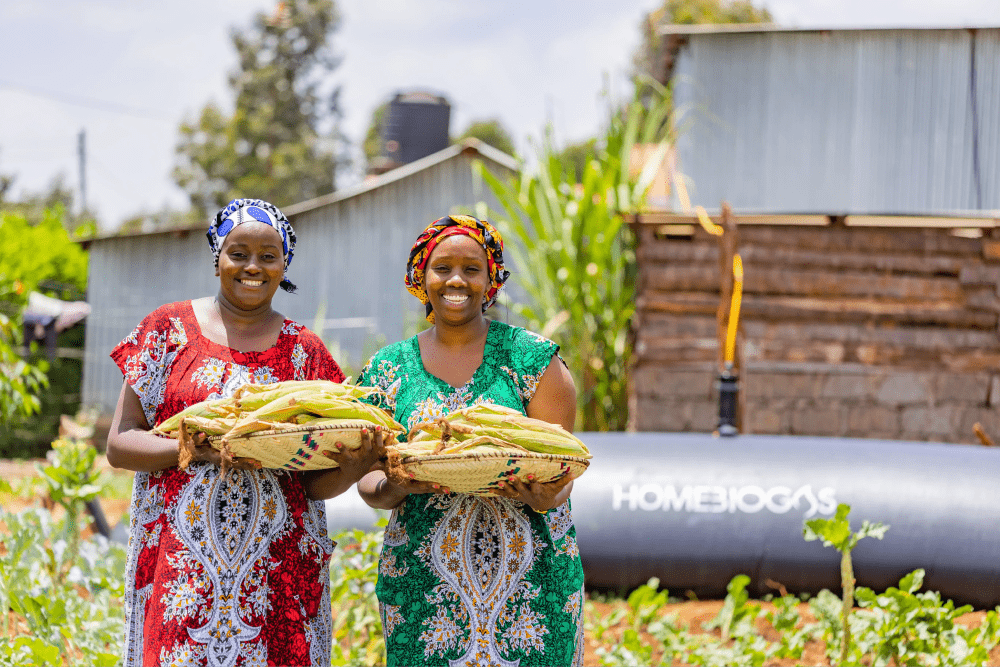
Homebiogas
The Homebiogas project tackles climate change by capturing methane emissions, converting them into clean energy, reducing polluting fuels, and preventing deforestation.
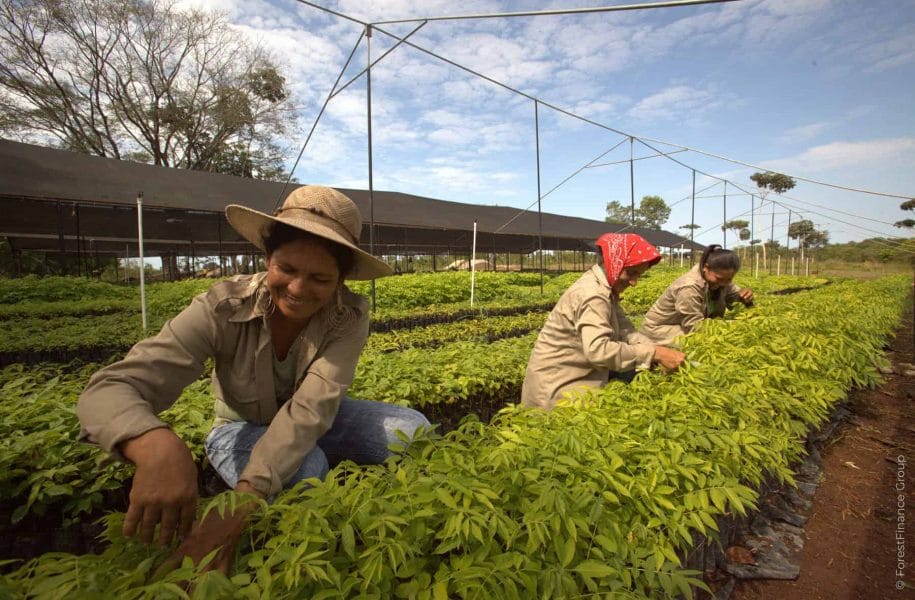
Tropical Mix
This project restores Panama’s rainforest, planting 7.5 million trees, reducing 1,330,758 tonnes CO₂e, and protecting biodiversity, water resources, and soil health.
